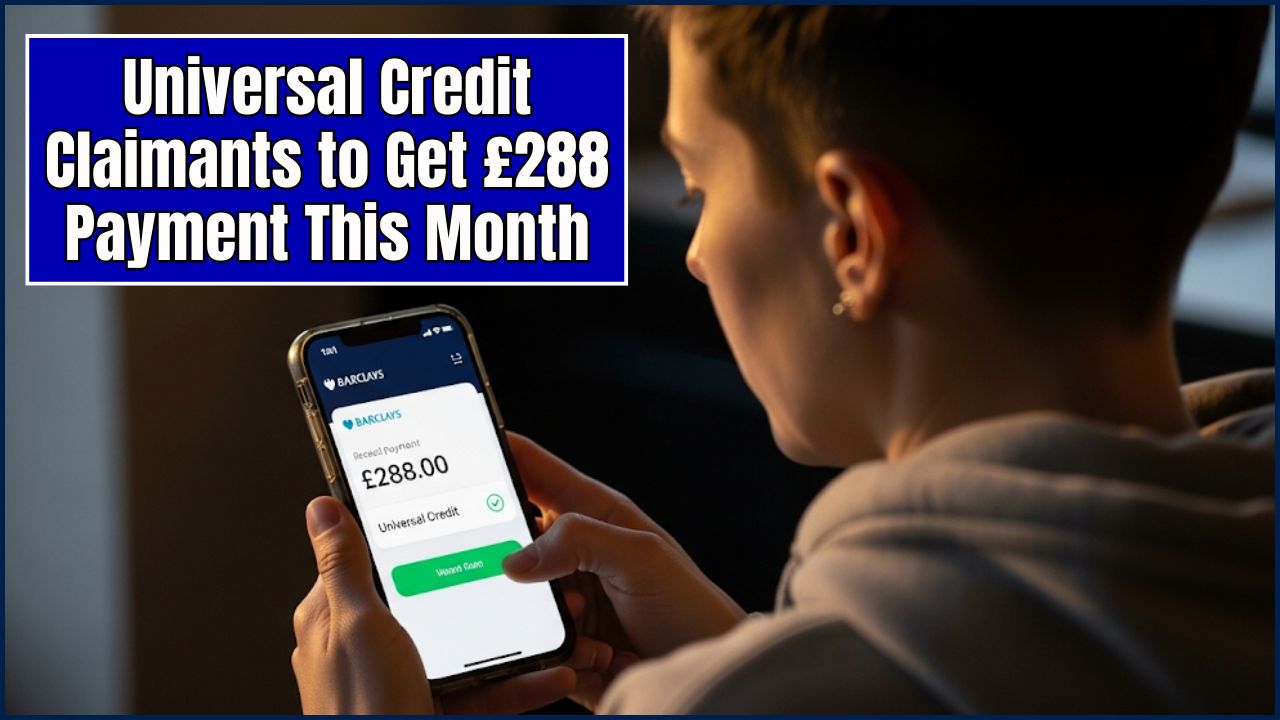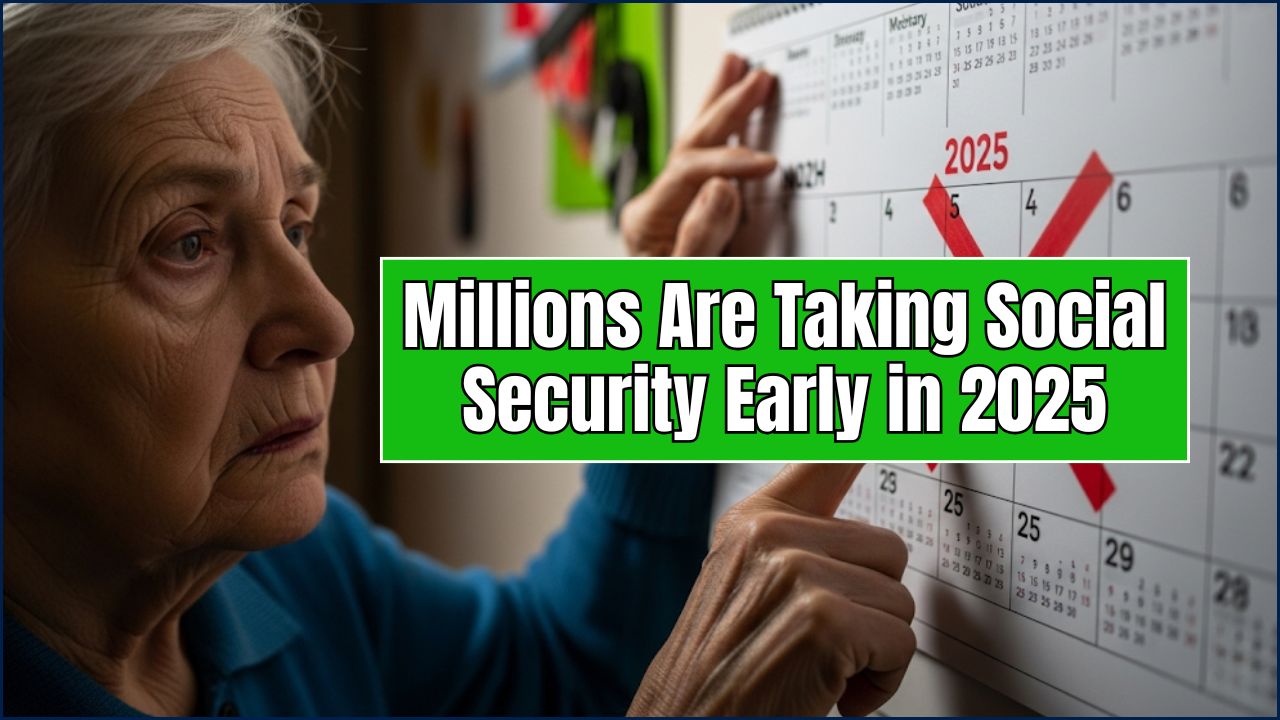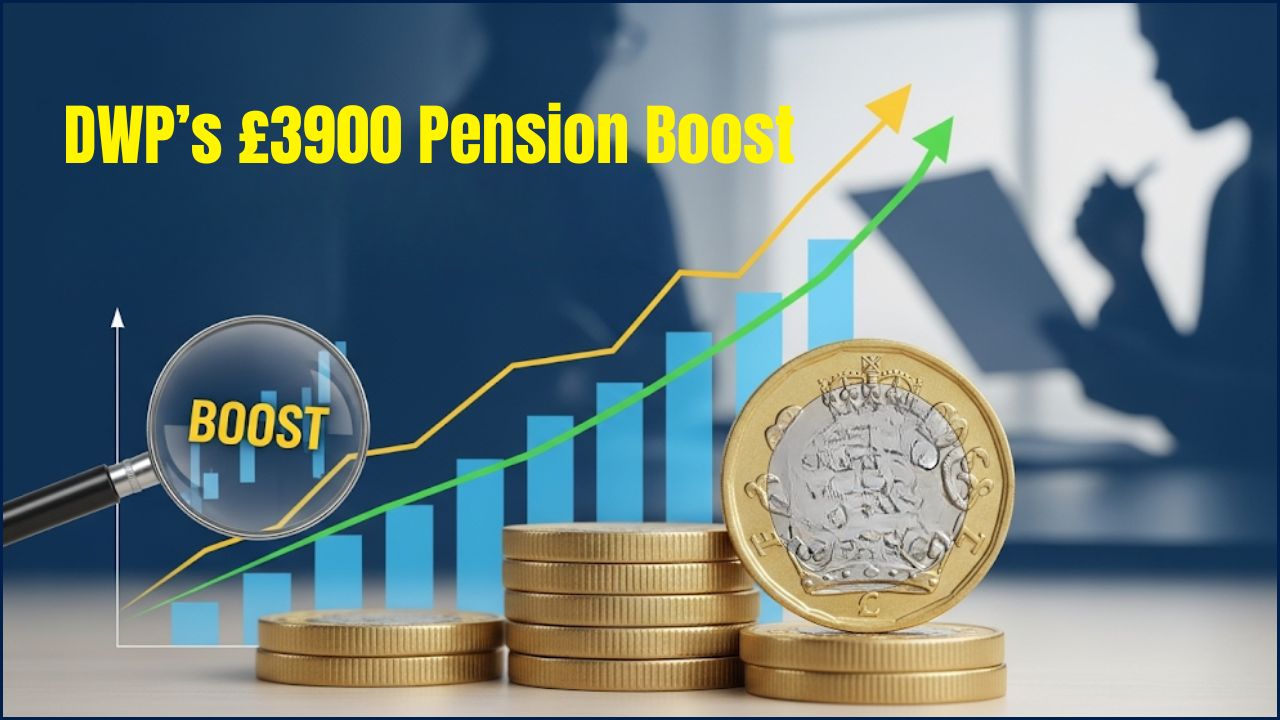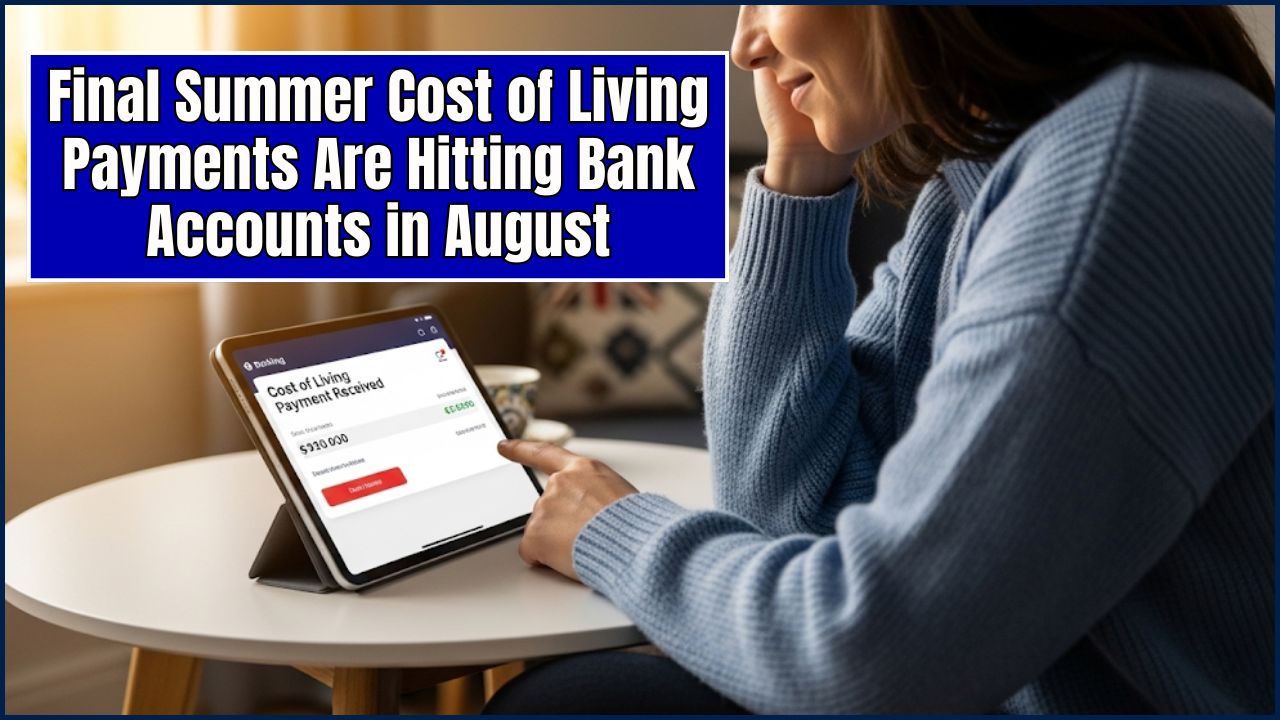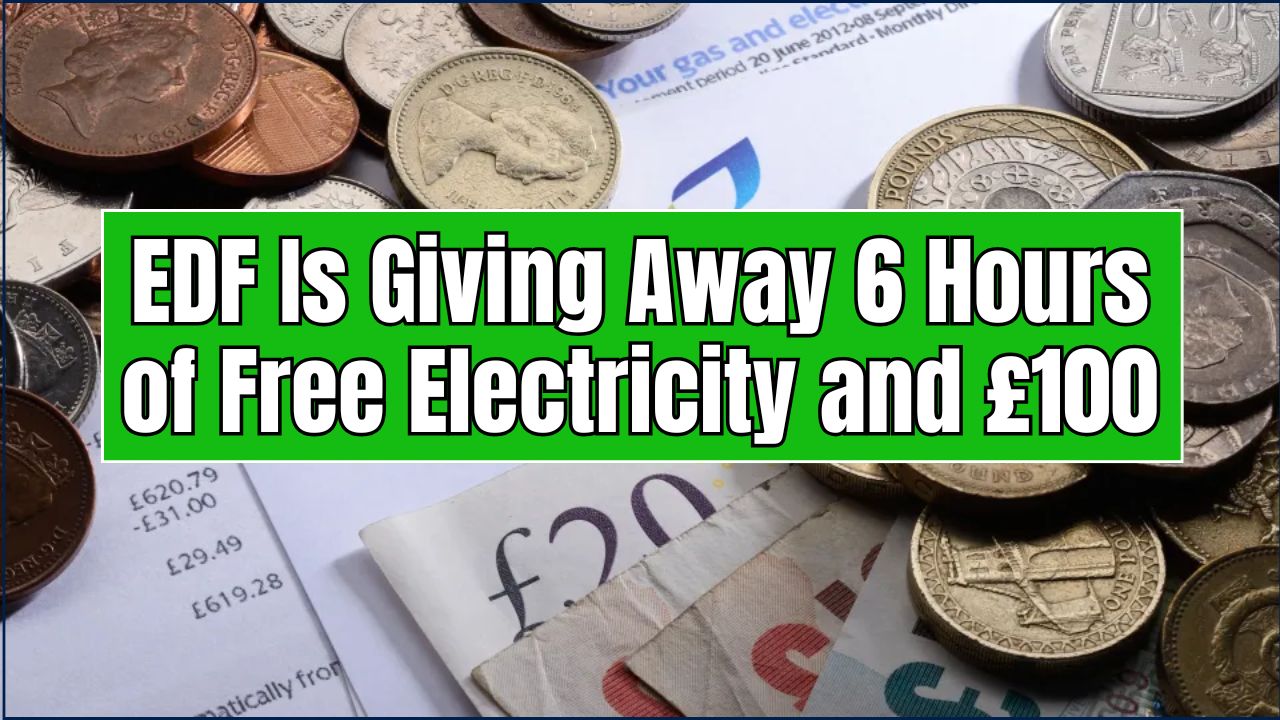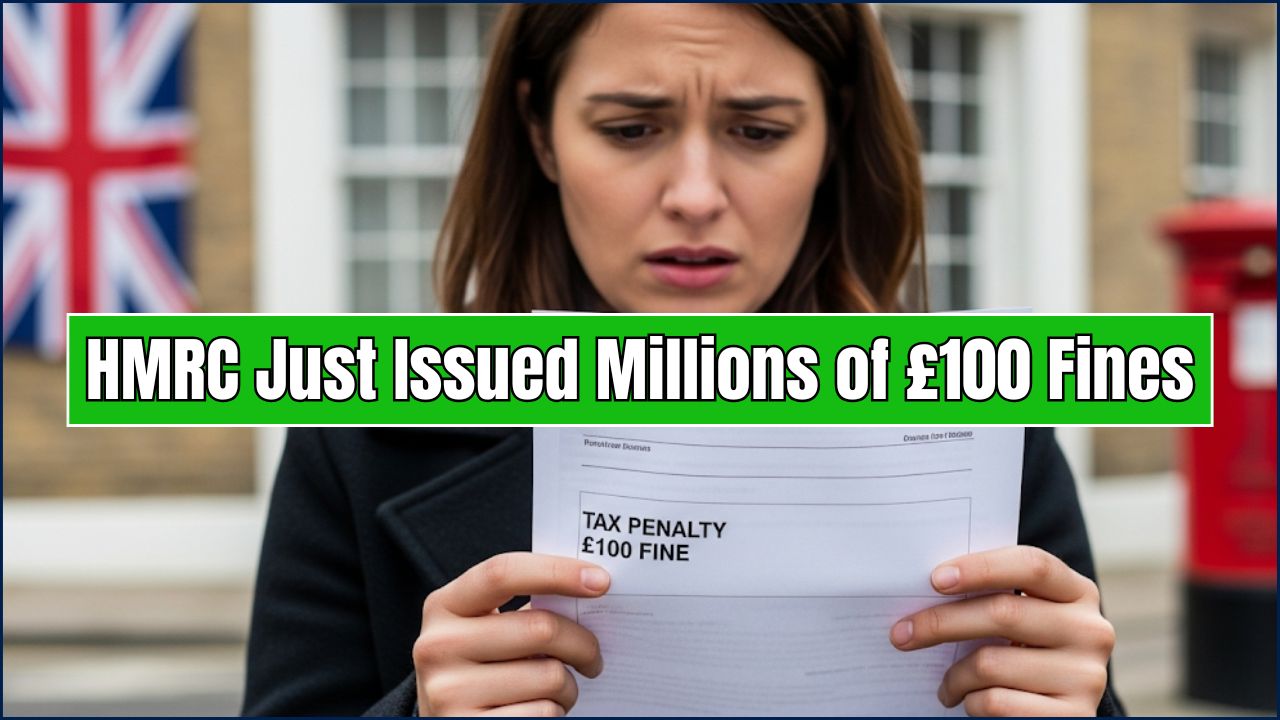It’s official: HMRC just issued millions of £100 fines to UK taxpayers, and it’s causing quite the stir. If you missed filing your Self Assessment tax return by the 31 January deadline, you’re likely one of the 1.1 million folks who just got a not-so-friendly letter through the mail. Yep, even if you didn’t owe a single penny, that penalty still landed on your doorstep.
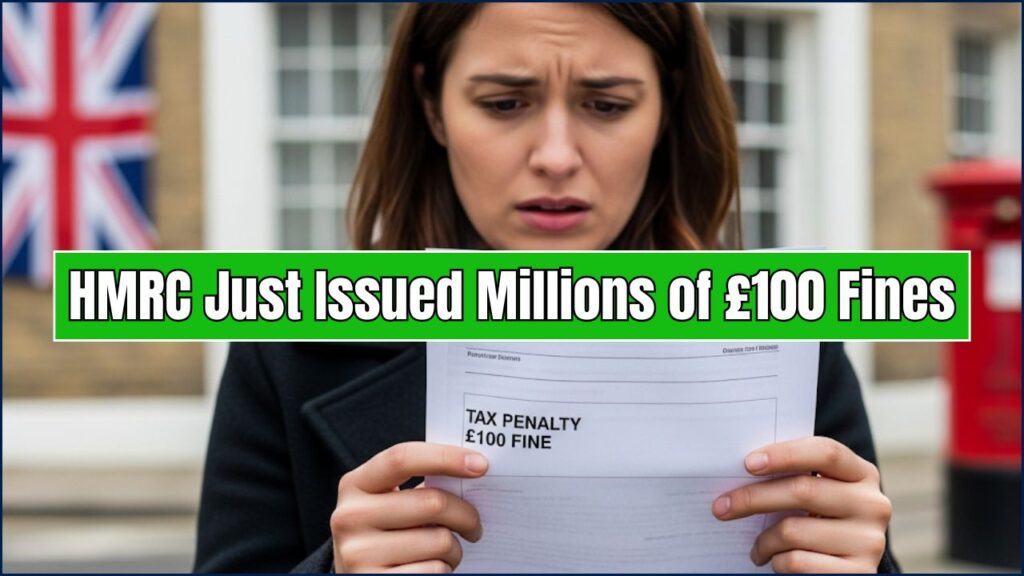
So, what gives? Why are so many people getting fined, and how can you avoid being next? Whether you’re self-employed, juggling multiple gigs, or just new to the tax game, this guide breaks it all down for you in plain English.
HMRC Just Issued Millions of £100 Fines
| Topic | Details |
|---|---|
| What Triggered the Fine | Missing the Self Assessment deadline of 31 January 2025 |
| Fine Amount | £100 fixed penalty, regardless of whether tax is owed |
| Who Was Affected | 1.1 million individuals (HMRC, 2025) |
| Further Penalties | £10/day after 3 months, up to £900, then £300 or 5% of tax due after 6 and 12 months |
| Most Affected | Low-income earners, self-employed, part-time gig workers |
| Official Website | gov.uk/hmrc |
If you got hit with one of these £100 HMRC fines, don’t panic—but don’t sit on it either. Act fast, file that return, and consider appealing if you had a legit reason. This penalty system may feel harsh, especially for low-income earners, but with a little knowledge and quick action, you can dodge the worst of it.
Remember, filing late is costly, but not filing at all is even worse. Set reminders, check your tax status regularly, and keep HMRC in the loop. You got this.
What Does This All Mean? A Quick Breakdown
The Self Assessment tax return is how the UK government makes sure you’re paying the right amount of tax if you’re self-employed, have multiple sources of income, or earn money outside of PAYE (Pay As You Earn).
If you were supposed to file your tax return by 31 January 2025 and didn’t, HMRC (His Majesty’s Revenue & Customs) issued a £100 automatic penalty. No tax due? Doesn’t matter. The fine still applies.
What’s really grinding gears is that many of those fined didn’t even owe any tax. According to Tax Policy Associates, around 600,000 low-income individuals were hit with penalties, sometimes ballooning to thousands due to additional fines.
Why Are People Getting Fined?
Here’s how it usually happens:
- You started a side hustle or freelancing gig
- You registered for Self Assessment but forgot to file your return
- You earned too little to owe tax, so you didn’t think it mattered
- You missed the email reminder or didn’t get one
Sound familiar? You’re not alone. Many folks don’t realize that filing a return and paying tax are two separate things. HMRC wants the paperwork, even if the final bill is zero.
Penalty Timeline: It Only Gets Worse
Missed the deadline? That £100 is just the beginning. Here’s how the fine escalates:
After 3 Months
- £10 per day for up to 90 days = Up to £900 more
After 6 Months
- Additional £300 or 5% of tax due (whichever is higher)
After 12 Months
- Another £300 or 5% of tax due (whichever is higher)
So yeah, that innocent-looking envelope could cost you £1600+ if you don’t act.
Real Talk: Who’s Getting Hit the Hardest?
Turns out, it’s the low-income folks, gig workers, part-time freelancers, and students who are taking the biggest hit.
According to The Guardian, penalties were issued even to people who earned less than the personal allowance (currently £12,570) and owed zero tax. But because they didn’t file the return, they still got smacked with the £100 fine.
Real-Life Example
Meet Sarah, a university student who earned £9,000 tutoring online in 2024. She didn’t owe tax but forgot to file her Self Assessment. She got hit with a £100 penalty in February 2025 and is now appealing with help from TaxAid.
Practical Advice: What You Should Do Now
Step 1: File That Return ASAP
Even if it’s late, get it done. Filing stops the £10/day fines.
Step 2: Appeal the Penalty
If you had a reasonable excuse (illness, bereavement, tech failure), you might get the fine waived. You can appeal online at HMRC Penalty Appeal.
Step 3: Check if You Still Need to File
If you don’t have self-employed income anymore, call HMRC at 0300 200 3310 and ask them to close your Self Assessment account.
Step 4: Get Help
Groups like TaxAid offer free help if you’re on a low income.
Step 5: Use Technology to Stay Ahead
There are great tools like QuickBooks and FreeAgent that can help track your finances and remind you of deadlines.
Online vs. Paper Filing: Deadlines & Penalties
| Feature | Online Filing | Paper Filing |
| Submission Deadline | 31 January | 31 October |
| Filing Year | For the tax year that ended the previous 5 April. | For the tax year that ended the previous 5 April. |
| Initial Late Filing Penalty | £100, issued automatically on 1 February. | £100, issued automatically on 1 November. |
| Benefit | Easier to use, automatic tax calculation, and a later deadline. | Useful for those without internet access, but deadlines are stricter. |

Reforms Are Coming, But Not for Everyone
Good news? There’s a reform on the horizon.
Starting April 2026, the penalty system is changing to a points-based model with a cap at £200. But (big BUT)… it’s only being rolled out for folks earning over £50,000.
So if you’re on a lower income, you’re still stuck with the old-school penalty rules for now. Yep, not exactly fair.
Policy Experts Are Weighing In
Organizations like Low Incomes Tax Reform Group are pushing for equitable reforms across all income levels. They argue that current rules unfairly penalize vulnerable people.
Tax Policy Associates also calls the system “regressive and outdated,” urging HMRC to modernize how it handles no-tax-due situations.
FAQs
Q1: Do I still get fined if I owe no tax?
Yes. HMRC fines you for not filing, not for not paying.
Q2: What if I never got a reminder?
Unfortunately, HMRC is not required to remind you. It’s your job to remember or set up alerts.
Q3: Can I appeal more than once?
Yes. If your first appeal is rejected, you can request a review or go to a tax tribunal.
Q4: How do I know if I need to file a return?
If you earned money outside your job—freelancing, renting property, crypto, etc.—check the HMRC criteria.
Q5: Will paying the fine stop more penalties?
No. You must file the return to stop more fines. Paying just the £100 won’t freeze the daily penalties.
Q6: How can I prevent this in the future?
Set digital reminders, use accounting apps, subscribe to HMRC alerts, and file early (not on deadline day).

